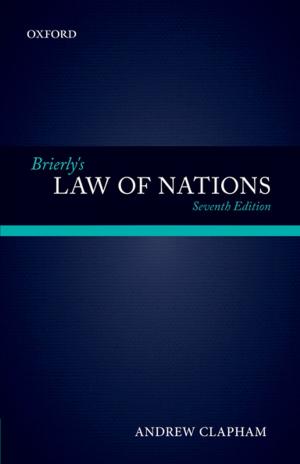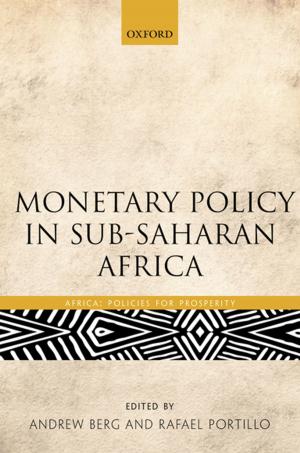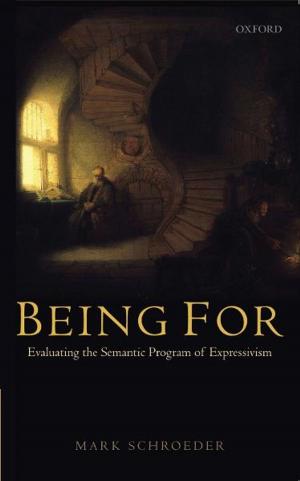Newman on Vatican II
Nonfiction, Religion & Spirituality, Christianity, Denominations, Catholic, Catholicism, Church| Author: | Ian Ker | ISBN: | 9780191027079 |
| Publisher: | OUP Oxford | Publication: | August 28, 2014 |
| Imprint: | OUP Oxford | Language: | English |
| Author: | Ian Ker |
| ISBN: | 9780191027079 |
| Publisher: | OUP Oxford |
| Publication: | August 28, 2014 |
| Imprint: | OUP Oxford |
| Language: | English |
John Henry Newman is often described as 'the Father of the Second Vatican Council'. He anticipated most of the Council's major documents, as well as being an inspiration to the theologians who were behind them. His writings offer an illuminating commentary both on the teachings of the Council and the way these have been implemented and interpreted in the post-conciliar period. This book is the first sustained attempt to consider what Newman's reaction to Vatican II would have been. As a theologian who on his own admission fought throughout his life against theological liberalism, yet who pioneered many of the themes of the Council in his own day, Newman is best described as a conservative radical who cannot be classed simply as either a conservative or liberal Catholic. At the time of the First Vatican Council, Newman adumbrated in his private letters a mini-theology of Councils, which casts much light on Vatican II and its aftermath. The leading Newman scholar, Ian Ker, argues that Newman would have greatly welcomed the reforms of the Council, but would have seen them in the light of his theory of doctrinal development, insisting that they must certainly be understood as changes but changes in continuity rather than discontinuity with the Church's tradition and past teachings. He would therefore have endorsed the so-called 'hermeneutic of reform in continuity' in regard to Vatican II, a hermeneutic first formulated by Pope Benedict XVI and subsequently confirmed by his successor, Pope Francis, and rejected both 'progressive' and ultra-conservative interpretations of the Council as a revolutionary event. Newman believed that what Councils fail to speak of is of great importance, and so a final chapter considers the kind of evangelization—a topic notably absent from the documents of Vatican II—Newman thought appropriate in the face of secularization.
John Henry Newman is often described as 'the Father of the Second Vatican Council'. He anticipated most of the Council's major documents, as well as being an inspiration to the theologians who were behind them. His writings offer an illuminating commentary both on the teachings of the Council and the way these have been implemented and interpreted in the post-conciliar period. This book is the first sustained attempt to consider what Newman's reaction to Vatican II would have been. As a theologian who on his own admission fought throughout his life against theological liberalism, yet who pioneered many of the themes of the Council in his own day, Newman is best described as a conservative radical who cannot be classed simply as either a conservative or liberal Catholic. At the time of the First Vatican Council, Newman adumbrated in his private letters a mini-theology of Councils, which casts much light on Vatican II and its aftermath. The leading Newman scholar, Ian Ker, argues that Newman would have greatly welcomed the reforms of the Council, but would have seen them in the light of his theory of doctrinal development, insisting that they must certainly be understood as changes but changes in continuity rather than discontinuity with the Church's tradition and past teachings. He would therefore have endorsed the so-called 'hermeneutic of reform in continuity' in regard to Vatican II, a hermeneutic first formulated by Pope Benedict XVI and subsequently confirmed by his successor, Pope Francis, and rejected both 'progressive' and ultra-conservative interpretations of the Council as a revolutionary event. Newman believed that what Councils fail to speak of is of great importance, and so a final chapter considers the kind of evangelization—a topic notably absent from the documents of Vatican II—Newman thought appropriate in the face of secularization.















